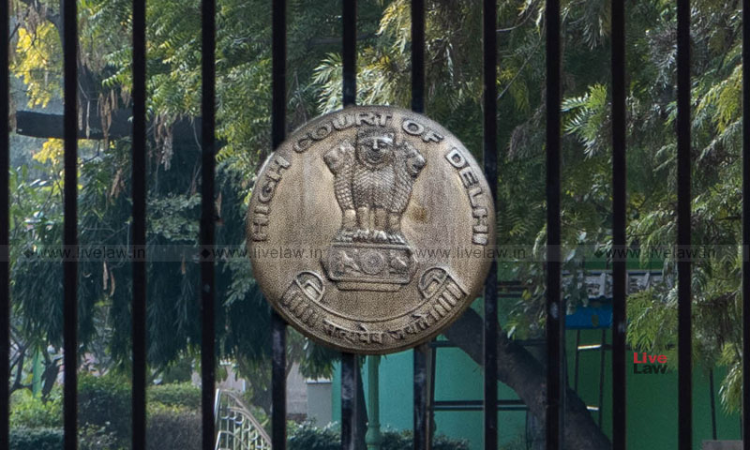Delhi High Court (FB) Mandates Filing Of Convict's Income Affidavit & Victim Impact Report To Determine Compensation U/S. 357 CrPC
LIVELAW NEWS NETWORK
7 Dec 2020 1:53 PM IST

"Court has to take into consideration the effect of the offence on the victim's family even though human life cannot be restored but then monetary compensation will at least provide some solace"
Next Story


